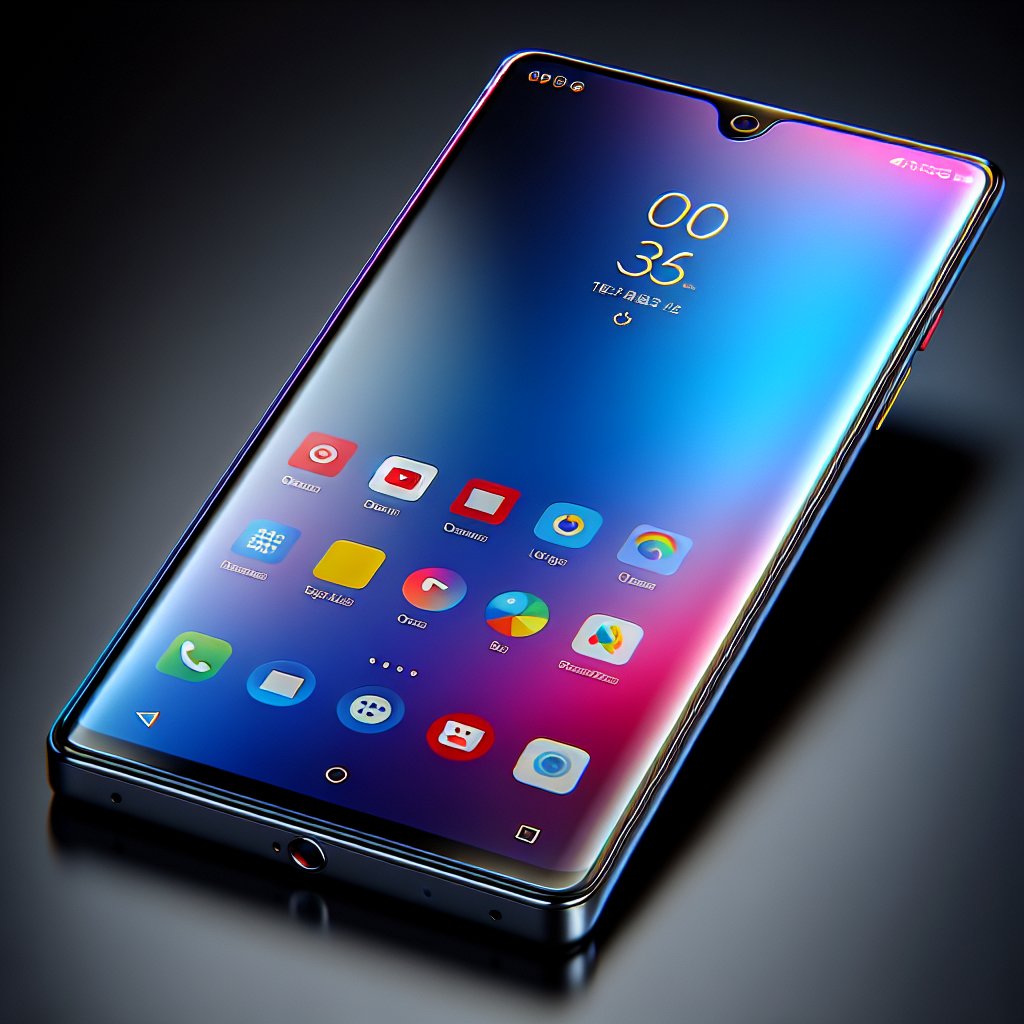Smartphones: The Modern Age Parasites
Smartphones, initially mutualistic tools aiding navigation and communication, have shifted towards parasitism, consuming user attention for corporate benefit. Despite societal dependency, this exploitation challenges personal well-being. Collective action, such as regulatory measures, is necessary to mitigate their invasive impact and restore a beneficial relationship.

- Country:
- Australia
Smartphones, once tools of mutual benefit for human society, are increasingly being viewed through the lens of parasitism. A recent article in the Australasian Journal of Philosophy suggests that these devices, initially beneficial, have begun to sap time, attention, and personal information for the gain of tech companies.
The relationship between humans and smartphones illustrates a shift from mutualism, where both parties benefit, to parasitism, where one party benefits at the expense of the other. This mirrors evolution, where organisms sometimes shift relationships, showing the fine line between technological aid and exploitation.
As smartphones have become an essential part of daily life, their addictive nature and data-driven applications have made it difficult for users to break free. Experts argue that individual efforts alone cannot counter this dependency, and call for regulatory actions to level the power imbalance in the digital ecosystem.
(With inputs from agencies.)
- READ MORE ON:
- smartphones
- parasites
- technology
- attention
- data
- apps
- society
- mutualism
- regulation
- dependency
ALSO READ
Real-Time GDP Forecasting in Samoa: A New Model for Data-Driven Policymaking
The Rise and Retreat of US Inflation: A Data-Driven Account from 2020 to 2025
European Stocks Hit by U.S. Debt Downgrade and China Data
Your Watch Knows You’re Gasping: AI Turns Health Data into Pollution Warnings
Cyberattack Exposes Sensitive Legal Aid Data










